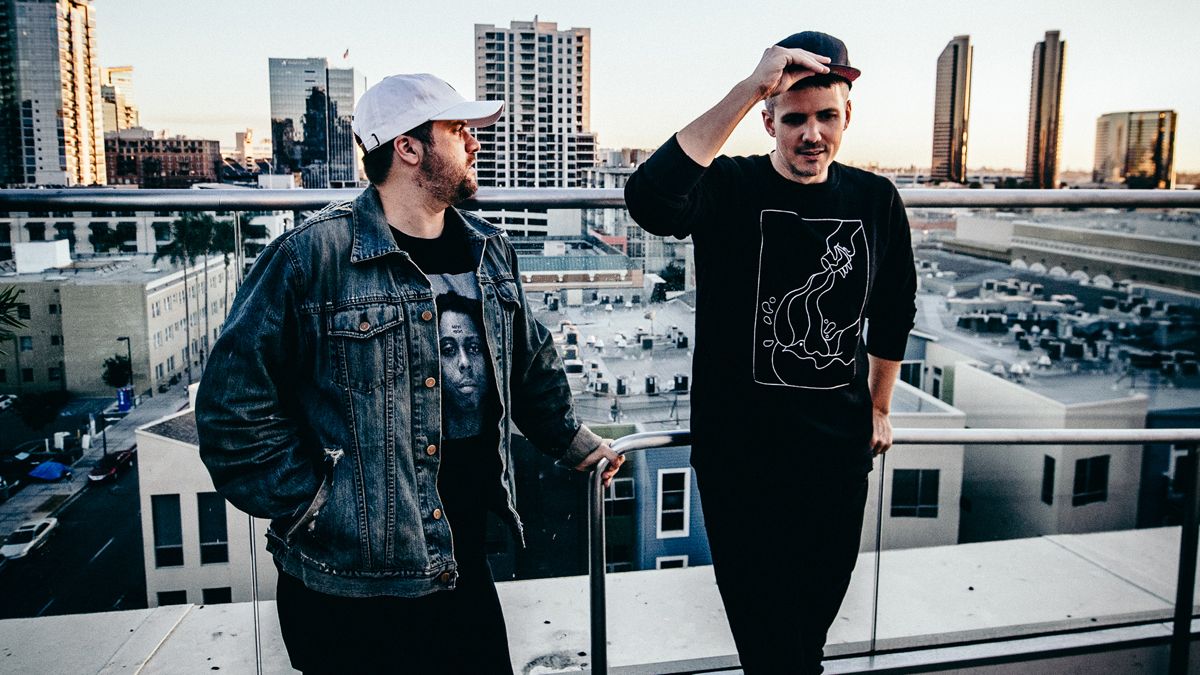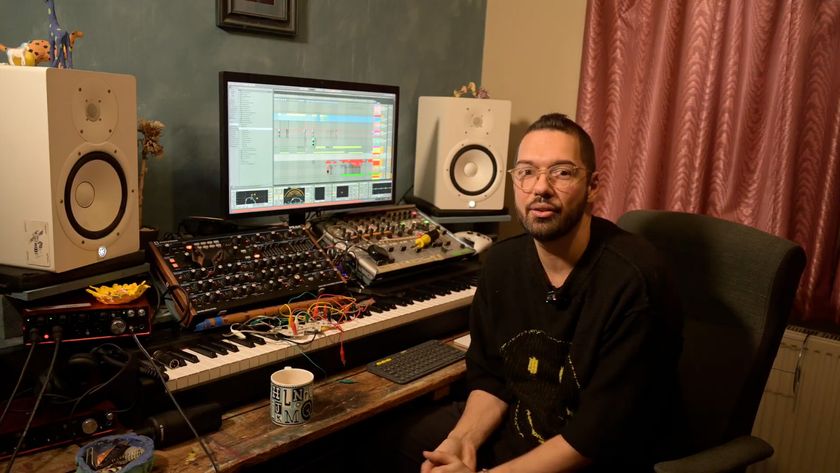Walker & Royce: 5 things we’ve learned about music production
“Ideally, the track feels like it writes itself,” say the acclaimed house duo

Groove-laden house hounds Walker & Royce - Samuel Walker and Gavin Royce - return today with Bodies Do The Talking, a two-track release on Dirtybird that represents the duo’s first time back on the label since the release of Self Help, their 2017 debut album.
Their story actually started long before, though: they began life on the New York underground scene and were signed by Damian Lazarus to Crosstown Rebels in 2011.
As they embark on a busy summer of festival appearances, we asked Walker & Royce to distil their accumulated music-making knowledge into five pieces of production advice.
1. Finish your tracks quickly
“The longer you work on a track, the more you lose perspective on it. You need to try to finish arranging a track before that happens.
“When you lose perspective, you lose the ability to know when it’s time for things to change. Your brain will tune-out certain elements so that you think more needs to be added, and even things that are great will start to seem boring. It usually happens after only a few days.”
2. Come up with more sets of ideas than you will use in the final track
“There’s nothing that kills a track faster for us than starting to arrange it and saying ‘OK, now what?’. We want to feel like we have more than all of the parts of the track to go to when we start arranging. We want it to be obvious what to do next, to make the track more spontaneous.
“Ideally, the track feels like it writes itself. So we usually come up with way more than will end up in the track so we never have to start adding more parts when arranging.”
Get the MusicRadar Newsletter
Want all the hottest music and gear news, reviews, deals, features and more, direct to your inbox? Sign up here.
3. Producing is more about working for a long time on something and less about being in the right moment
“We've written in a good mood, a bad mood, in the afternoon, at night. It’s much more about taking the time to experiment than to trying to plan out when you’re in the right mental zone. You scare up good ideas by working, and the longer you do it the better the ideas get (to a point- see tip 1).”
4. Mix as you go
“In any kind of dance music, the music is only as good as the mix. Make sure your studio’s acoustics are controlled enough to be making the right decisions throughout the entire process. You are trying to save time - while you can write on a crappy system and then fix it later, it’s better to get it right from the beginning. Also, always assume that you are responsible for the finished mastered product.”
5. Don’t get caught up in worrying about bitrate, sample rate, analogue/digital, etc
“It’s important to know your DAW and what effect, if any, it’s having on the elements of the track (for example, warping in Ableton has blatant effects which shouldn’t be ignored). But, outside of that, don’t get too bogged down worrying about technicals.
Analogue gear is great, but also has its limitations. It’s much more about knowing which tool to use for which job.
“Keep your DAW at 44,100Hz. It’s way easier on your CPU, which will allow you more creative freedom. 99.9999% of the time no one is going to hear the difference if you produce your track at a higher resolution, and it may end up making things worse if you forget to up-convert your samples and the DAW has to do it (badly) on the fly.
“Likewise, stop worrying about using analogue gear. So many great tracks are written with plugins and samples, or recorded in bad conditions. Analogue gear is great, but also has its limitations. It’s much more about knowing which tool to use for which job.”

I’m the Deputy Editor of MusicRadar, having worked on the site since its launch in 2007. I previously spent eight years working on our sister magazine, Computer Music. I’ve been playing the piano, gigging in bands and failing to finish tracks at home for more than 30 years, 24 of which I’ve also spent writing about music and the ever-changing technology used to make it.

“My love letter to a vanished era that shaped not just my career but my identity”: Mark Ronson’s new memoir lifts the lid on his DJing career in '90s New York

“I'm always starting up sessions and not finishing them, but I don't see that as unproductive”: Virtuosic UK producer Djrum talks creativity and making Frekm Pt.2








